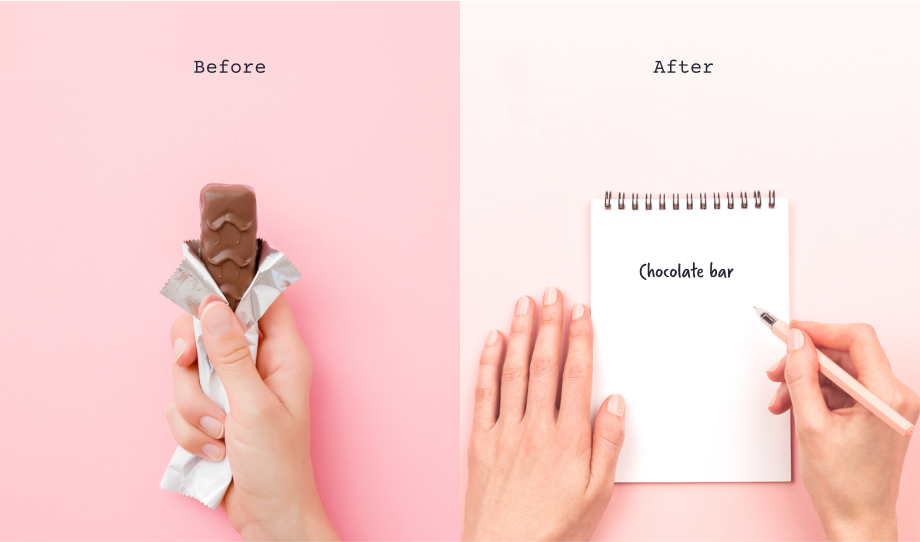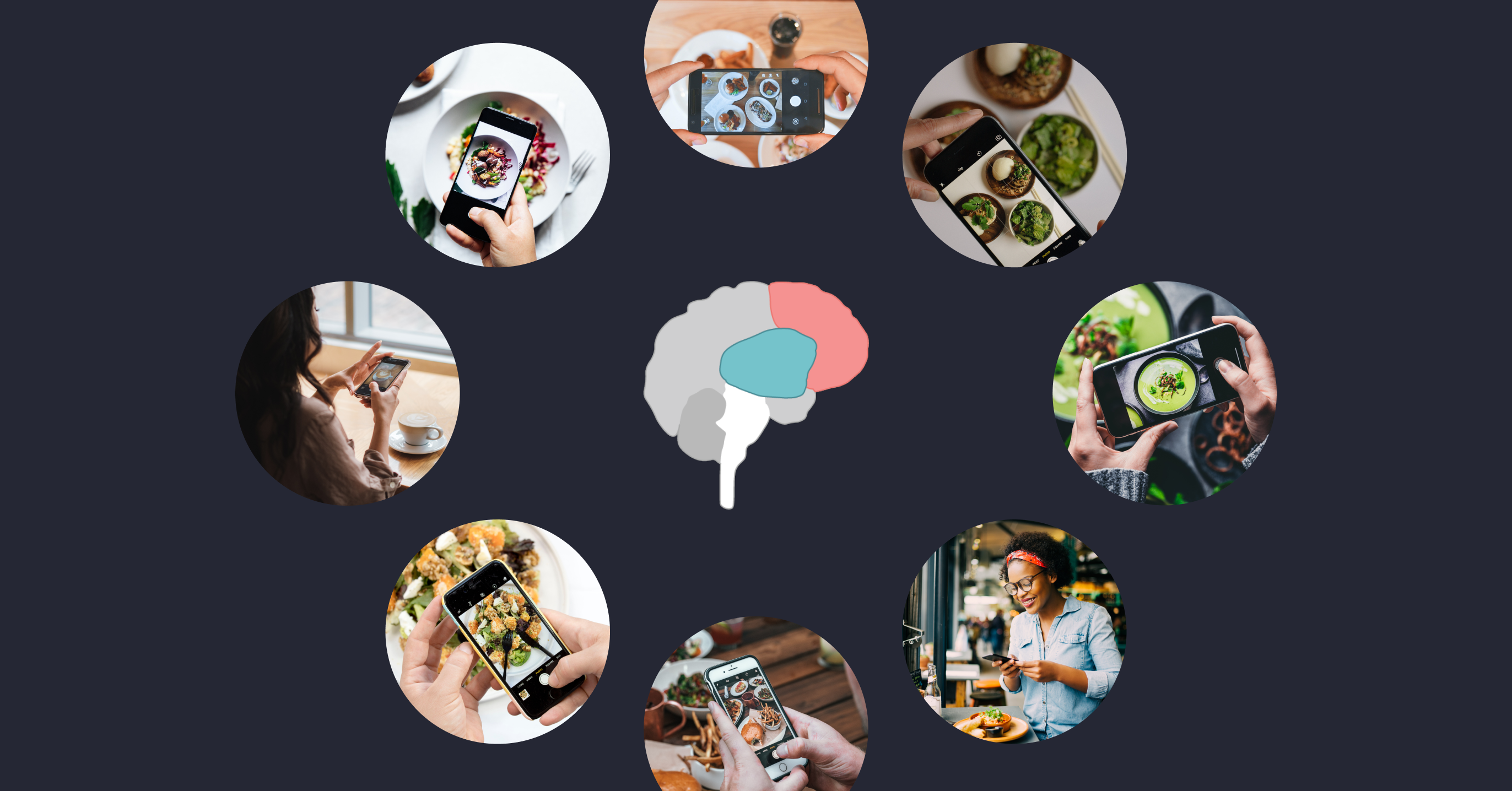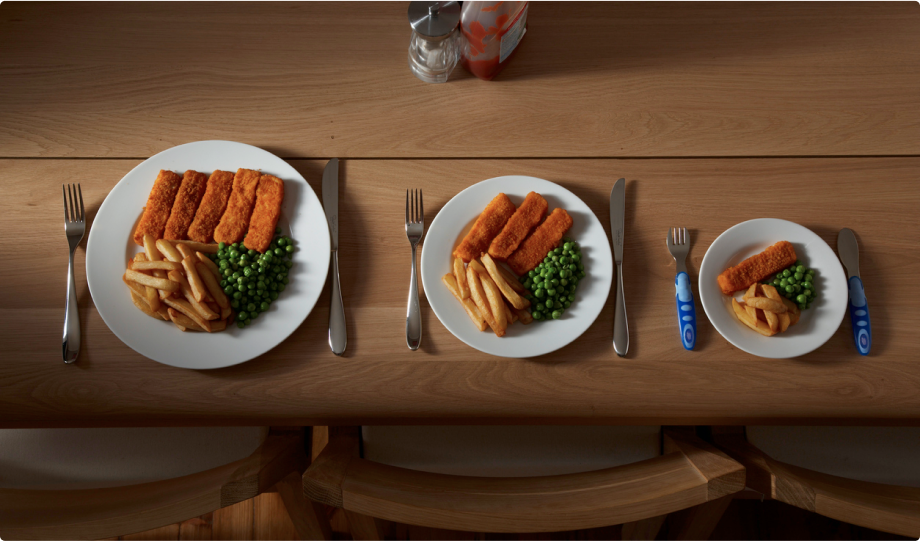Monitoring = Mindful Eating
By noting down every morsel that you eat, you’re subconsciously holding yourself accountable. Think of your food journal as a mirror reflecting your choices. The American Journal of Preventive Medicine highlighted that those who diligently recorded their food intake lost twice as much weight as those who didn’t1. Essentially, this observation makes you think before you snack.

From impulse to insight: the power of pausing to note.
Review and Renew
Looking back at your food journal can offer a world of insights. You’ll start to notice patterns, perhaps an afternoon sugary snack or a late-night carb binge. With this knowledge, you’re better equipped to tackle your dietary pitfalls. As pointed out by Psychology Today, a food diary helps you understand not just the what, but the why behind your eating habits2.
Decoding the diary: understanding our eating emotions.
Engage the Brain for Gains
The brain is a fascinating organ, especially when it comes to food choices. The allure of junk food isn’t just about taste—it’s neuroscience. Dopamine, the ‘feel good’ neurotransmitter, floods our system with pleasure when we eat sugary or fatty foods3. But here’s where the prefrontal cortex comes into play. This part of our brain, crucial for decision-making, gives us a momentary pause—a split second to decide if that cookie is really worth it4. By snapping a pic or jotting down a note, you’re giving this brain region a chance to chime in.
The brain’s tug-of-war: pleasure vs. prudence.
Visualize to Realize
There’s truth to the phrase “a picture is worth a thousand words.” For diet tracking, a snapshot can provide instant clarity on portion sizes, food choices, and even your dining environment. This visual cue can remind you of the difference between a plate piled high with food versus a balanced meal. A study showed that when people used photographs to track their meals, they were more accurate in their portion estimates5.
Visual cues: the lens through which we see our food choices.
Writing it Down: More than Just Words
The act of writing goes beyond mere documentation. It’s therapeutic, meditative, and creates a moment of reflection. A fascinating study revealed that when adolescents penned down their experiences, they showcased better decision-making skills and a higher sense of self-awareness6. By translating this practice to our diet, we offer ourselves a moment to contemplate our food choices, making us more attuned to our body’s needs and signals.
Journaling: where art meets insight in our food journey.
- Hollis, J.F., et al. (2008). Weight loss during the intensive intervention phase of the weight-loss maintenance trial. American Journal of Preventive Medicine, 35(2), 118-126.
- Roberts, S. (2015). The Power of Food Journaling. Psychology Today.
- Volkow, N.D., et al. (2011). Reward, dopamine and the control of food intake: implications for obesity. Trends in Cognitive Sciences, 15(1), 37-46.
- Heatherton, T.F. (2011). Neuroscience of self and self-regulation. Annual Review of Psychology, 62, 363-390.
- Wansink, B., Payne, C.R., & Chandon, P. (2007). Internal and external cues of meal cessation: The French paradox redux? Journal of Consumer Research, 34(5), 619-629.
- Karniol, R., Grosinger, D., & Grosinger, T. (2003). Expressive writing in early adolescence. The Journal of Early Adolescence, 23(3), 258-277.
